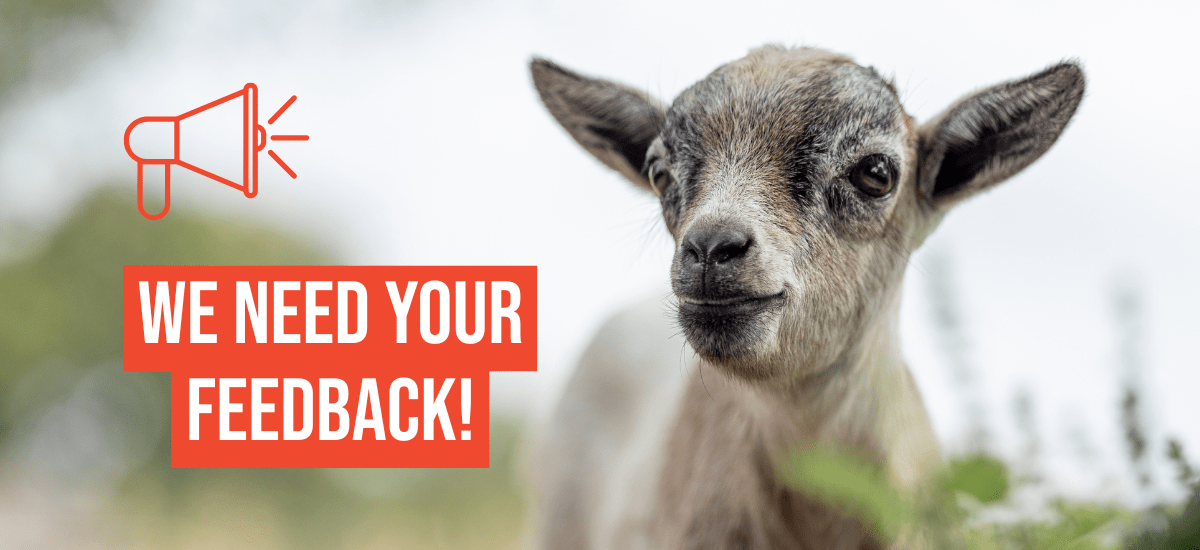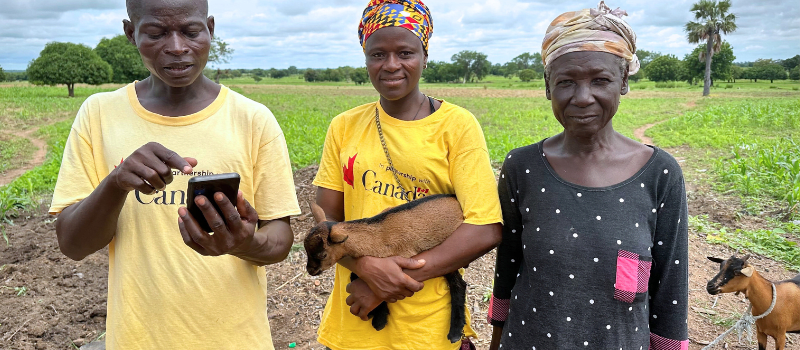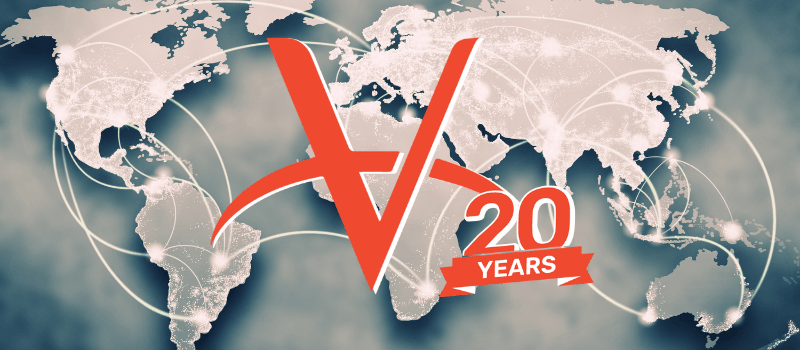At Veterinarians Without Borders North America (VWB), our team members and volunteers are often on the frontlines of building capacity for animal health through trainings and other veterinary services aimed at keeping animals and communities as healthy as possible. Because of this incredible and varied community of voices, VWB has launched 'Ask an Expert' — a blog dedicated to featuring community members and their varying experiences in the animal health space.

Our latest expert is Daria Kuznetsova, VWB's Ukraine Program Manager. Born and raised in Ukraine, Daria has spent the past year leading VWB's on-the-ground efforts in Ukraine, which are aimed at helping local partners provide urgently needed care to animals in dire circumstances. She has witnessed, first-hand, the impacts of the full-scale invasion and how the destabilization of Ukraine, including relentless attacks, the collapse of critical infrastructure (clean water supplies, power, etc.), economic turmoil, and the displacement of millions of Ukrainians, has created unimaginable challenges for people and animals.
In this special interview, Daria tackles the current state of animal health in Ukraine and how things have changed since the start of the full-scale invasion in 2022.

Q: Over the past two years, what have you learned about the human-animal bond?
A: Since the beginning of Russia's full-scale invasion of Ukraine, authorities and international humanitarian organizations in Europe have faced an unprecedented influx not only of refugees, but also their animals. They have never before had to create special conditions for companion animals in war refugee centres. Yes, this indicates that many Ukrainians, indeed, consider their animals as members of their families and are willing to take risks to rescue them, regardless of the dire circumstances of war. I can't express it better than one of our partners, Dr. Vorotnikov, who is working to help animals trapped on Ukraine's frontlines and said: "Those who left an enduring impact on me during my experiences in liberated territories and at the frontlines were individuals who did not hesitate to risk their lives to rescue animals. Many lost their homes, but the loss of their animals was more devastating [to them]. Primarily, people prioritized saving their animals over valuable possessions".
Q: How are Ukrainian communities coming together to help animals in need?
A: Ukrainian communities have shown amazing strength and togetherness in helping animals during this conflict. Take, for instance, the response to the Kakhovka Hydroelectric Power Plant destruction. When floods hit Kherson and nearby areas, volunteers from all over Ukraine jumped in to help, even as shelling continued. They risked everything to save drowning dogs, cats, goats, and cows from the water. Despite shelters already being full, they found space to take care of these animals. And, locals didn't hesitate to adopt them, showing the deep bond and care they have for all creatures, even in these tough times.
Q: Generally speaking, what is the current state of Ukraine’s animal shelters?
A: Given the factors mentioned earlier, including the ever-shifting frontline, it is safe to say that all shelters in Ukraine are overcrowded. The surge in demand for shelter space has led to the establishment of many new shelters post-invasion, primarily due to the insufficient capacity of pre-existing ones. Sadly, some shelters have been hit by missile attacks, while others are now under occupation, leaving their fate uncertain. Despite local fundraising efforts, Ukraine's shelters urgently require international support due to the increasing number of stray animals, especially in conflict-affected areas. This influx has overwhelmed local shelters, stretching their resources thin and making it challenging to provide adequate care and support to all animals in need. Most shelters struggle to cover basic necessities like food, let alone essential medical services, vaccinations, and spay/neuter procedures.
Q: Do you have a significant memory that has stayed with you from your time working in the animal health space?
A: Honestly, it's been tough over the last two years in Ukraine's animal health sector, with a lot of sad memories. In the initial days of the full-scale invasion, Best Friends, a shelter in the Kyiv region housing over 600 animals, was tragically bombed, resulting in the destruction of cat houses and dog enclosures, the loss of over 50 animals, and many other animals left without shelter. I was not working for VWB back then but was looking for opportunities to apply my knowledge and skills to help animals. Two years later, as a part of VWB, I had the privilege of contributing to the reconstruction of the Best Friends shelter, alongside our valuable partners at Happy Paw.
Q: What gives you hope for the future of Ukraine’s animal shelters and capacity for animal health?
A: The unwavering resilience and commitment of individuals and organizations dedicated to enhancing animal welfare are truly remarkable. Partners like VWB exemplify this dedication through their efforts to save animals and enhance their living conditions. Their invaluable contributions have enabled us to deliver substantial support, including tons of food to animal shelters, as well as conducting widespread spay/neuter and vaccination programs. Ukrainian veterinarians have also displayed exceptional dedication and professionalism. Despite operating in the context of conflict and limited resources, they have consistently provided essential veterinary care and medical services to animals in need. Their commitment goes beyond mere duty; it reflects a deep compassion and commitment to animal welfare, often working long hours and under stressful conditions to ensure the health and well-being of animals.


Q: What do you want people who don’t live in Ukraine/aren’t familiar with the current situation to know?
A: The devastating impact of war on animals often goes unnoticed, especially in media coverage, which tends to be focused on human suffering and may not fully depict the reality of the situation. News reports typically overlook the plight of animals. This highlights a significant gap in awareness and understanding of the challenges faced by animals during times of conflict. But during wartime, animals endure immense suffering too. This includes things like stress and disorientation from bombings and other attacks, which can leave animals shocked and disoriented. New sounds, smells, and unfamiliar surroundings deeply affect them. The war also affects animals' nervous systems, which can lead to panic, injuries, and even death during relocations. Animals are also not immune to the threats of war, and can become victims during attacks. Conflict-related fires can break out, often without warning, and destroy habitats and inflict burns on animals, often without warning.






